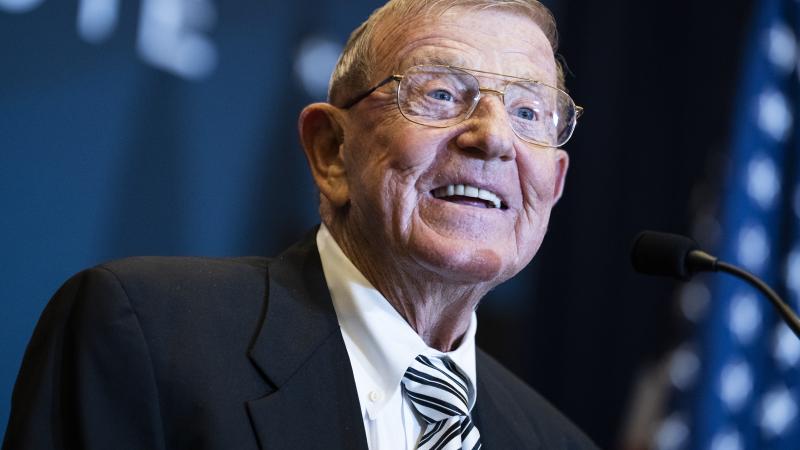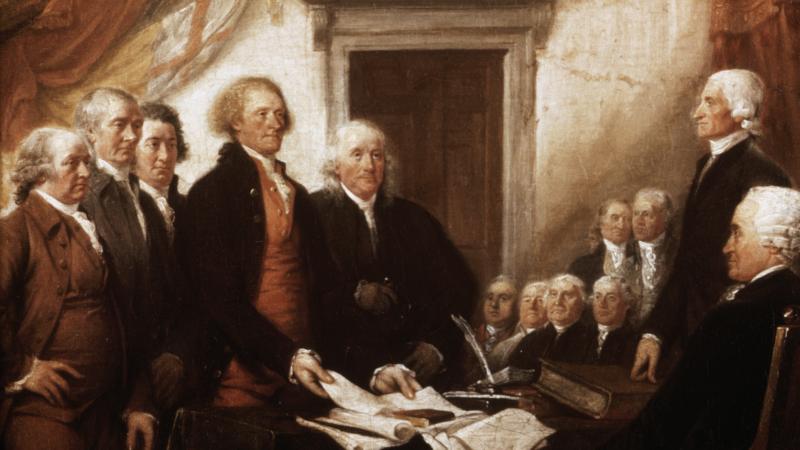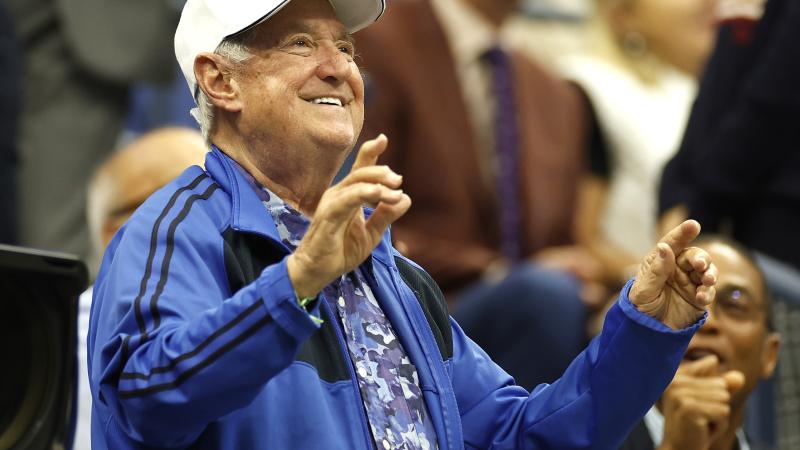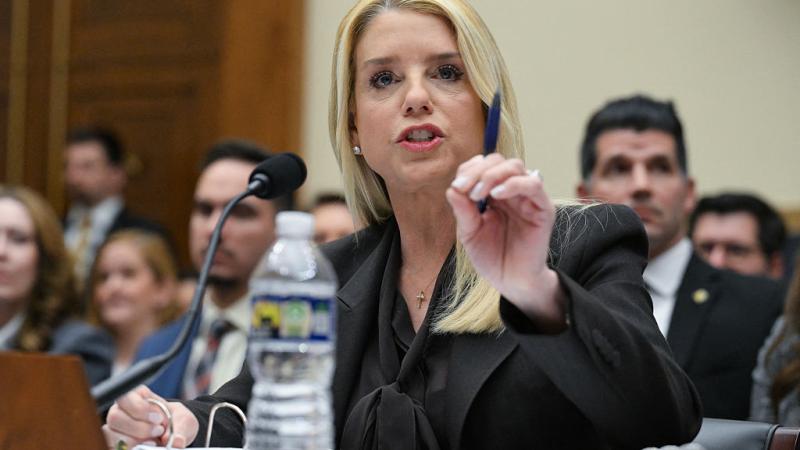'Cancel Culture’ hits fever pitch: Journalists, critics, actors, TV hosts, musicians in crosshairs
"Blood in the water" leads to aggressive mobs, somber apologies, says an academic expert.
"Cancel culture" has long referred to the fury often faced by conservatives who become the victims of social media mobs, dismissal petitions and 48-hour news cycles. Often the precipitating incident is one in which the target expresses a conservative opinion — or at the very least one that offends mainstream progressive sensibilities — and the end goal is usually something like total marginalization: reputational harm, a social media ban, the loss of a job, public ostracization.
Yet the phenomenon is spreading beyond conservatives and increasingly sweeping up individuals who in earlier years would have seemed unlikely targets for the cancel mob: an apolitical musician here, a science journalist there, a popular dating show television host, even a gay art critic. As its target range expands, cancel culture produces an ever-more pervasive sense of what dozens of academics and writers last year called the "stifling atmosphere" of "public shaming and ostracism."
Most notably this past week, the Disney+ actress Gina Carano was fired from that company— including the smash-hit Star Wars feature "The Mandalorian" — over a series of controversial social media posts.
Carano has been outspokenly conservative in the past, and her social media behavior has ruffled feathers before. In one case she put the mock designations "beep/bop/boop" in her Twitter profile, a sarcastic send-up of the fashionable practice of displaying one's "preferred pronouns" such as "he/him/his." Elsewhere, she has been critical of COVID-19 mask mandates. Such criticism often riles commentators who claim masks are critical for saving lives amid the pandemic.
The recent Instagram post that appeared to trigger her firing was one in which Carano, via a shared meme, compared the current political climate in the U.S. to that of Nazi Germany. "[M]ost people today don't realize," the meme read in part, "that to get to the point where Nazi soldiers could easily round up thousands of Jews, the government first made their own neighbors hate them simply for being Jews."
Following her firing by Disney+, Carano appeared to quickly land on her feet, on Friday announcing a movie partnership with Ben Shapiro's Daily Wire media company. Yet Carano is only the most recent — and arguably the most conservative — of public figures to be subject to attempted marginalization due to political outrage.
At the New York Times last week, veteran Times science reporter Donald McNeil announced his departure from the paper. McNeil had been at the center of controversy for several weeks over reports that, in 2019, he had used a racial slur while on a Times-sponsored trip to Peru with high school students.
None of McNeil's anonymous accusers alleged that he had directed the slur at anyone. McNeil himself eventually confirmed that he had said it as a reference, in the context of a conversation with some students one day.
Leadership at the Times was aware of the controversy and had initially determined that McNeil's behavior was not a fireable offense, yet pressure from dozens of Times staffers led editors Dean Baquet and Joe Kahn to force McNeil out.
A rare public pushback against cancel culture
Also targeted in recent weeks has been film critic Dennis Harvey. Reviewing the #MeToo revenge-fantasy film "Promising Young Woman" in Variety last year, Harvey said the film's star Carey Mulligan seemed "a bit of an odd choice" for the role, arguing that Mulligan "wears her pickup-bait gear like bad drag" and "even her long blonde hair seems a put-on."
In a New York Times profile in December, Mulligan accused Harvey of "saying that I wasn't hot enough" for the role. The actress claimed Harvey's critique "drove [her] crazy." The resultant social media backlash impelled Variety to issue a note to Harvey's review in which the magazine "sincerely apologize[d] to Carey Mulligan" and expressed regret over "the insensitive language and insinuation" in the article.
Variety's response to the cancel mob led to a rare moment of pushback against cancel culture from a mainstream authority. The National Society of Film Critics, of which Harvey is a member, released a statement condemning "Variety's shabby treatment of our colleague Dennis Harvey."
"Mulligan, like any artist, is within her rights to respond to criticism of her work," the critics wrote, "just as we are within our rights to assert that nothing in Harvey's review — which focuses on the actor's stylized presentation, not her attractiveness — supports her claim."
The group, which called Variety's editorial note "appalling," wrote: "We believe the editor's note should be removed."
The film critics' response was notable: In many if not most cases of cancel culture, corporate authorities and nonprofit groups are quick to line up on the side of the mob, often signalling their support for those groups and condemning whoever the target happens to be.
That's what happened to rising country singer Morgan Wallen earlier this month, when a neighbor of his secretly recorded an apparently drunk Wallen yelling the N-word at a friend while entering his Nashville home. The singer quickly issued an apology after the video surfaced.
Nevertheless, he quickly suffered a near-total derailment of his career: He received a more-or-less total blackout on global radio networks, his songs were stripped from major streaming playlists, several major country music brands severed their relationships with him, two record labels suspended their contracts with him, and the Academy of Country Music barred both him and his album from receiving any honors at their April awards ceremony.
'Blood in the water'
Cancel culture's seemingly growing intolerance may be related to several different factors, according to Phillip Smith, a professor of sociology at Yale University.
"I guess we can argue there is an interaction effect between social media, the psycho-dynamics of a brief moment of mob power, free floating anxiety in our age that can latch onto something, [and] the pleasure of moral indignation," Smith told Just the News.
He also suggested a "blood in the water" effect might be at play, one "where folks pile on if they sense humiliation is possible."
"Whatever the person being canceled says is turned against them and feeds the fire," he said. "The best strategy is probably to say nothing and wait for things to go away ... the opposite of what businesses are told about the need for apology up front and right now."
Public apologies, of course, are a hallmark of cancel culture: With rare exceptions, public figures often rush quickly to issue apologies on social media in an effort to forestall any more damage.
Among the unlikely individuals who have recently felt compelled to apologize for their behavior is Chris Harrison, the host of the famed dating reality show "The Bachelor."
Harrison had defended a "Bachelor" contestant, Rachael Kirkconnell, who several years ago had dressed up as a Native American and at another time had attended a "plantation"-themed party dressed up as an antebellum southern belle. In response to outrage over those photos, Harrison suggested that Kirkconnell’s critics might show "a little grace, a little understanding, a little compassion." He also described the public's "judge, jury, executioner" response to the photos as "unbelievably alarming."
Following backlash to Harrison's remarks, he performed a one-eighty, from sincere defense of Kirkconnell to sorrowful regret, extending "a sincere apology" to viewers for causing harm "by wrongly speaking in a manner that perpetuates racism."
On Saturday, Harrison announced he was "stepping aside" from the Bachelor franchise that he has lead for nearly 20 years, since 2002.
"This historic season of The Bachelor should not be marred or overshadowed by my mistakes or diminished by my actions," he said in the announcement.















